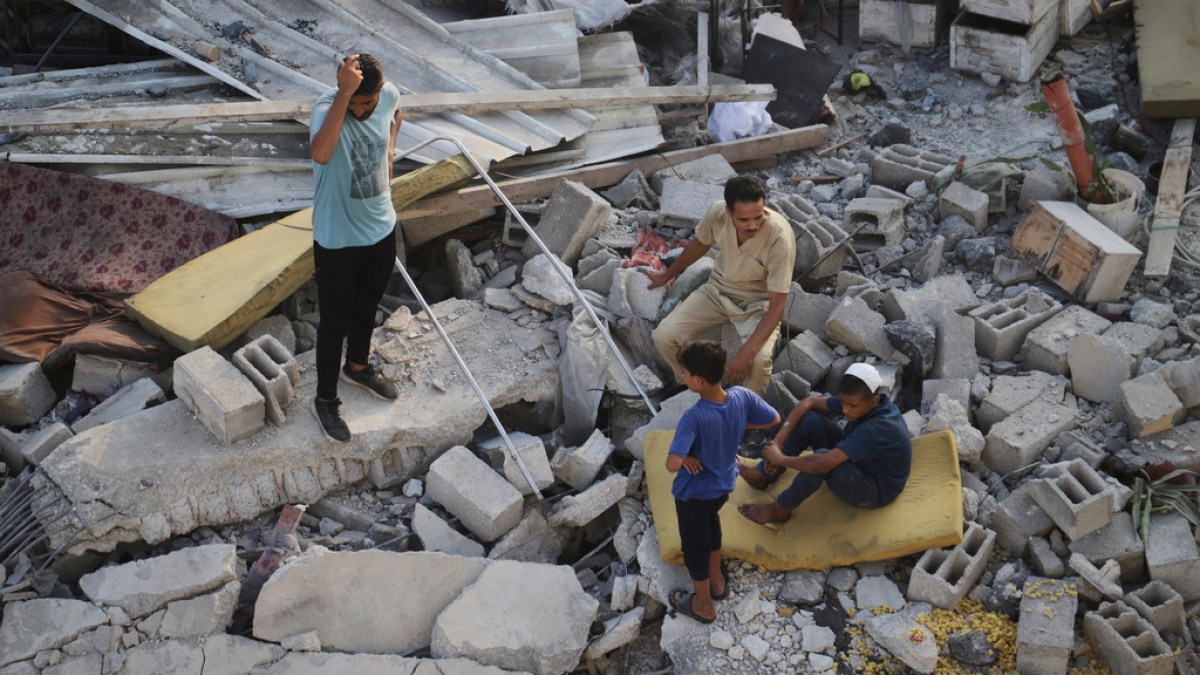Australia PM says Israel’s Netanyahu ‘in denial’ over suffering in Gaza | Israel-Palestine conflict News
Australian Prime Minister Anthony Albanese reveals details of phone conversation with Israeli PM Benjamin Netanyahu.
Australian Prime Minister Anthony Albanese has said that Israel’s leader, Benjamin Netanyahu, is “in denial” about the suffering inflicted on Gaza, and the international community is now saying, “Enough is enough”.
A day after announcing that Australia will recognise Palestinian statehood at the United Nations next month, Albanese said that frustration with the Israeli government amid the dire humanitarian situation in Gaza had contributed to Australia’s decision to recognise a Palestinian state.
“[Netanyahu] again reiterated to me what he has said publicly as well, which is to be in denial about the consequences that are occurring for innocent people,” Albanese said in an interview with state broadcaster ABC on Tuesday.
Albanese said he spoke with Netanyahu last week to inform him of Australia’s decision to join France, Canada and the United Kingdom in recognising a Palestinian state at the UN General Assembly meeting in September.
Netanyahu, he said, continued to make the same arguments he made last year regarding the conduct of Israel’s war on Gaza, which has now killed more than 61,500 Palestinians since October 2023.
“That if we just have more military action in Gaza, somehow that will produce a different outcome,” Albanese said, recounting his call with the Israeli leader, according to ABC News.
Announcing Australia’s decision to recognise Palestinian statehood on Monday, Albanese said that “the risk of trying is nothing compared to the danger of letting this moment pass us by”.
“The toll of the status quo is growing by the day, and it could be measured in innocent lives,” Albanese said, adding the decision was made as part of a “coordinated global effort” on the two-state solution, which he had discussed with the leaders of the UK, France, New Zealand and Japan.
— Anthony Albanese (@AlboMP) August 11, 2025
“A two-state solution is humanity’s best hope to break the cycle of violence in the Middle East and to bring an end to the conflict, suffering and starvation in Gaza,” he said.
“It seems to me very clearly… we need a political solution, not a military one,” he said.
Albanese had said just last month that he would not be drawn on a timeline for recognition of a Palestinian state, and has previously been wary of a public opinion backlash in Australia, which has significant Jewish and Muslim minorities.
But the public mood has shifted sharply in Australia against Israel’s war on Gaza.
Tens of thousands of demonstrators marched across Sydney’s Harbour Bridge this month, calling for aid deliveries to be allowed to enter Gaza as the humanitarian crisis worsens and Israel’s military continues to block relief efforts.
Israel also plans to take military control of Gaza City, risking the lives of more than a million Palestinians and instigating what a senior UN official said would be “another calamity”, as deaths from starvation and malnutrition continue to grow across the enclave.
“This decision is driven by popular sentiment in Australia, which has shifted in recent months, with a majority of Australians wanting to see an imminent end to the humanitarian crisis in Gaza,” Jessica Genauer, a senior lecturer in international relations at Flinders University, told the Reuters news agency.
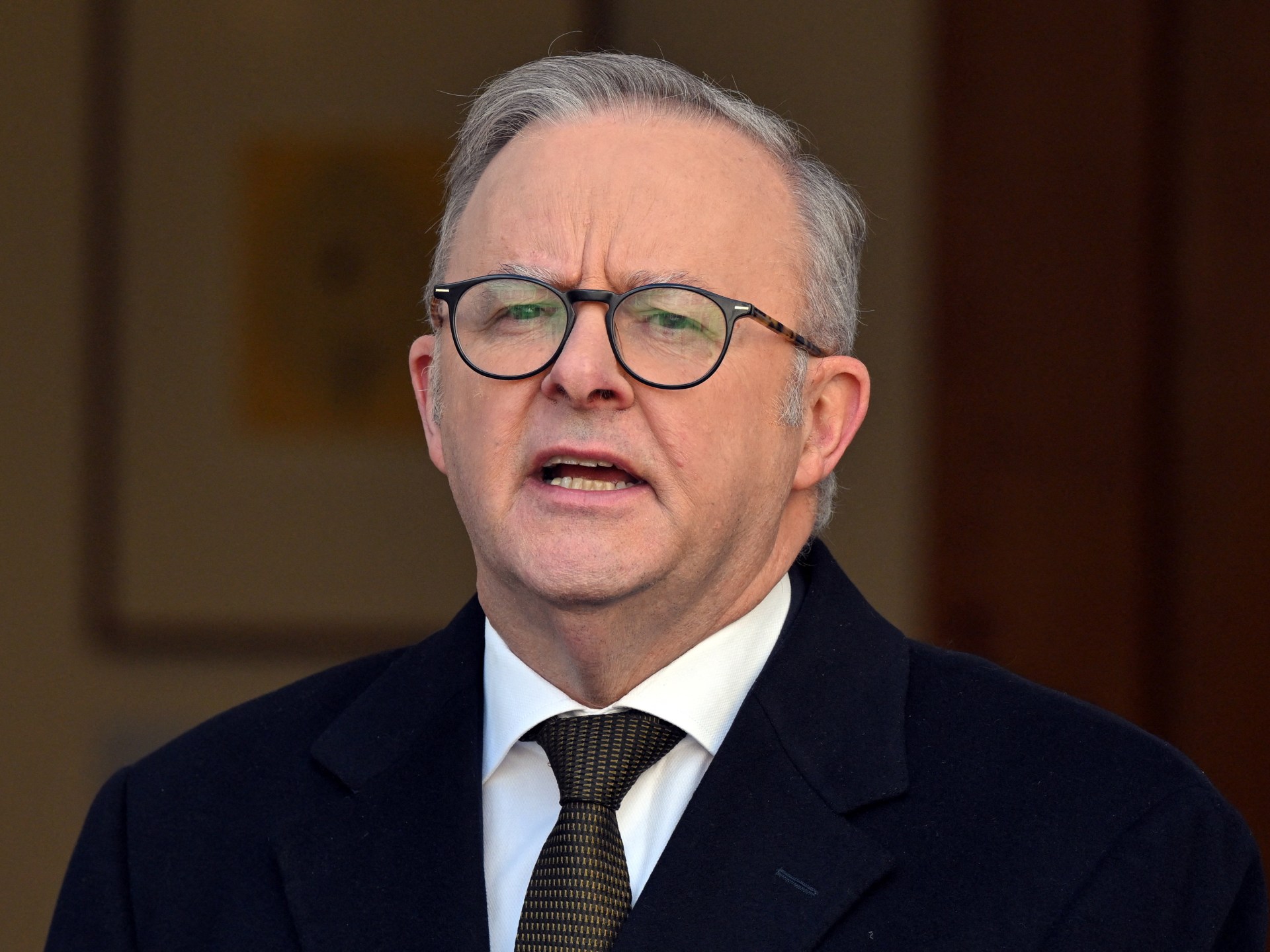
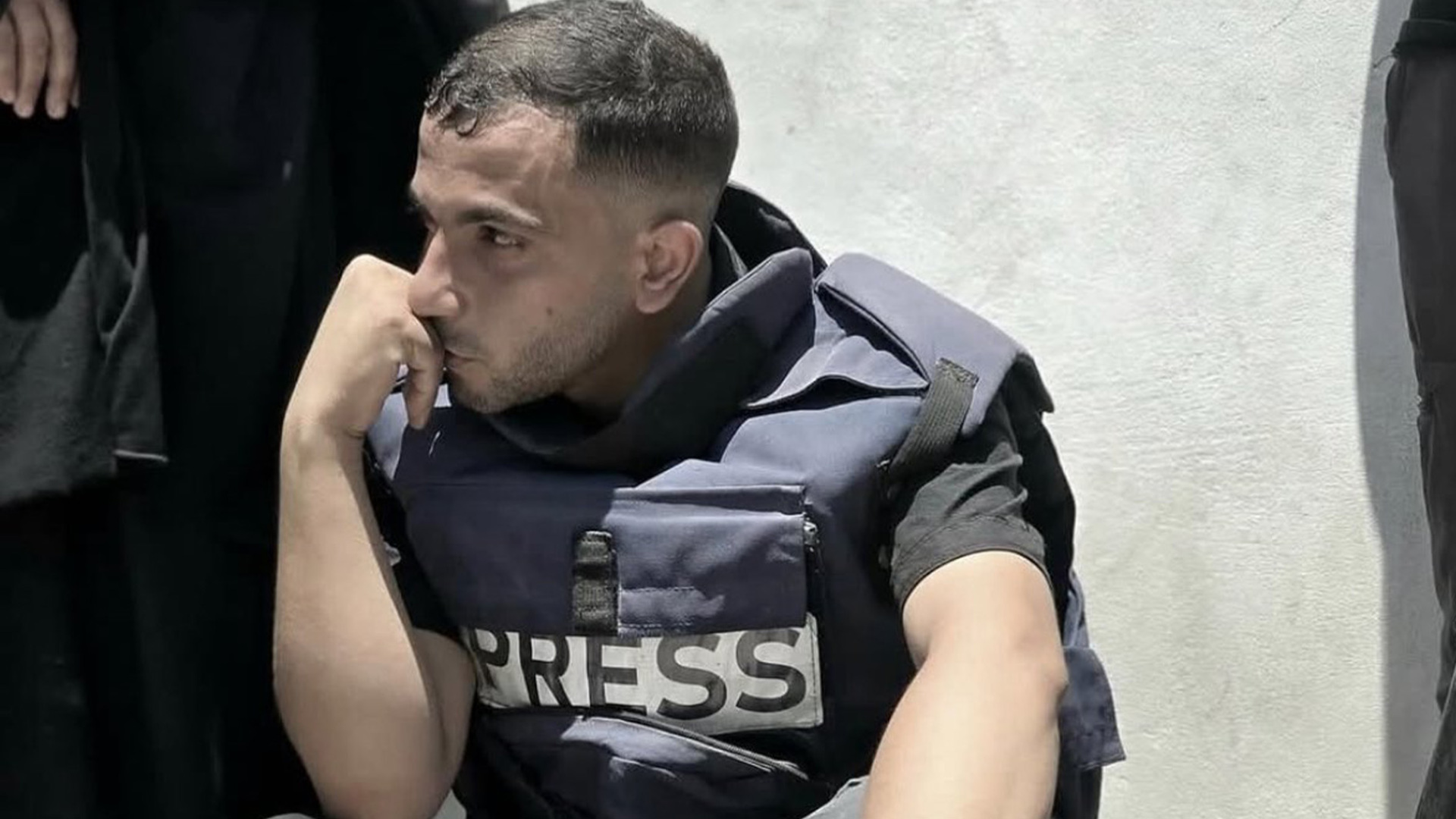
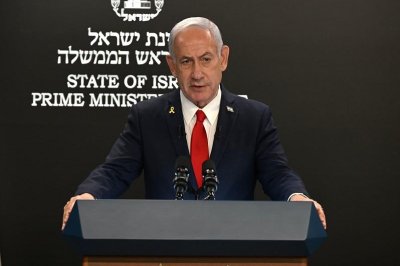
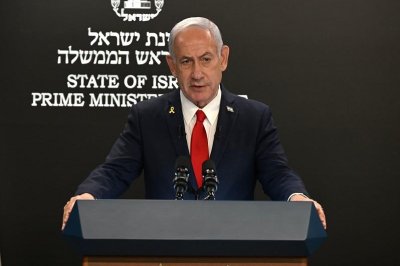

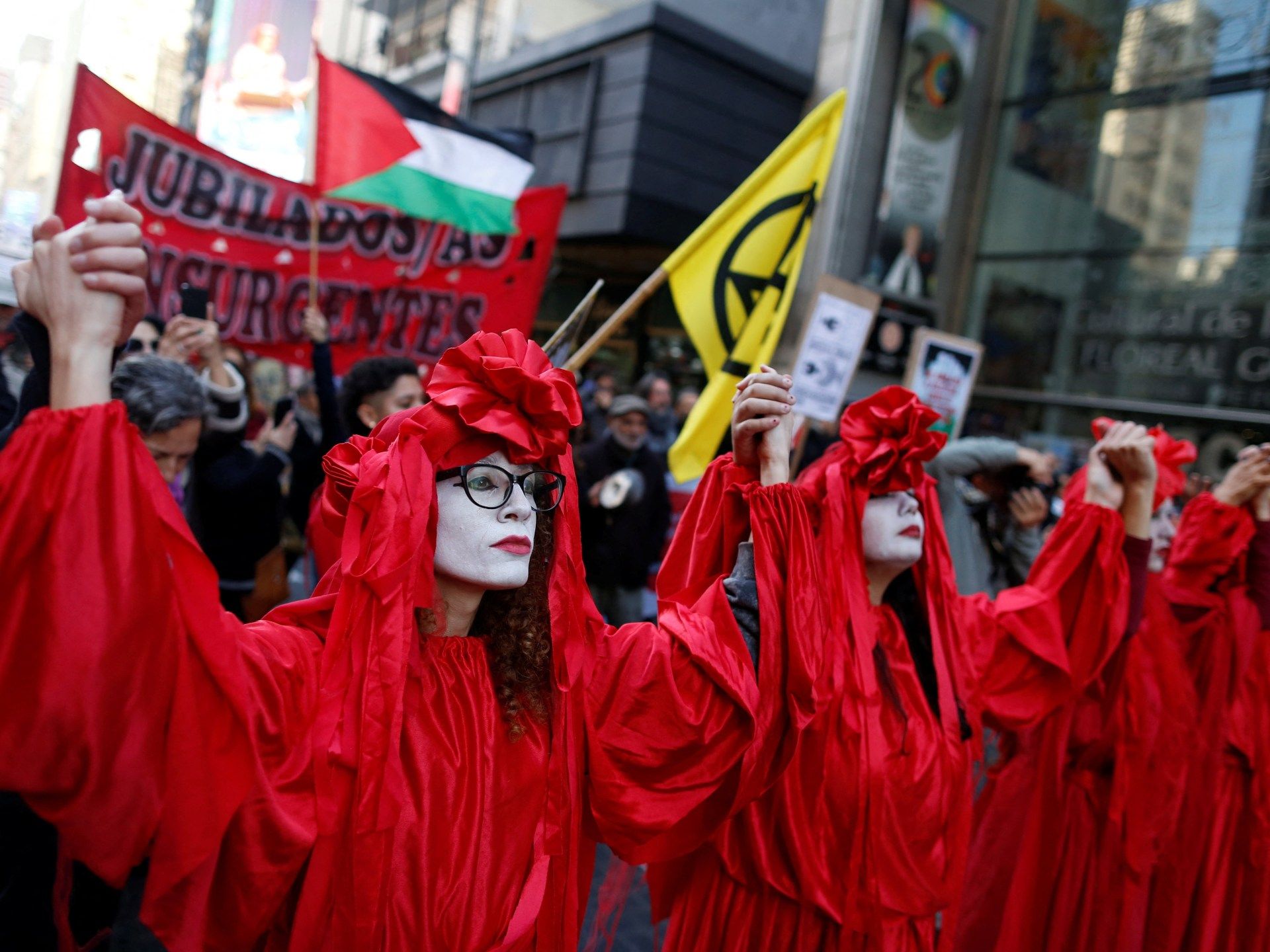
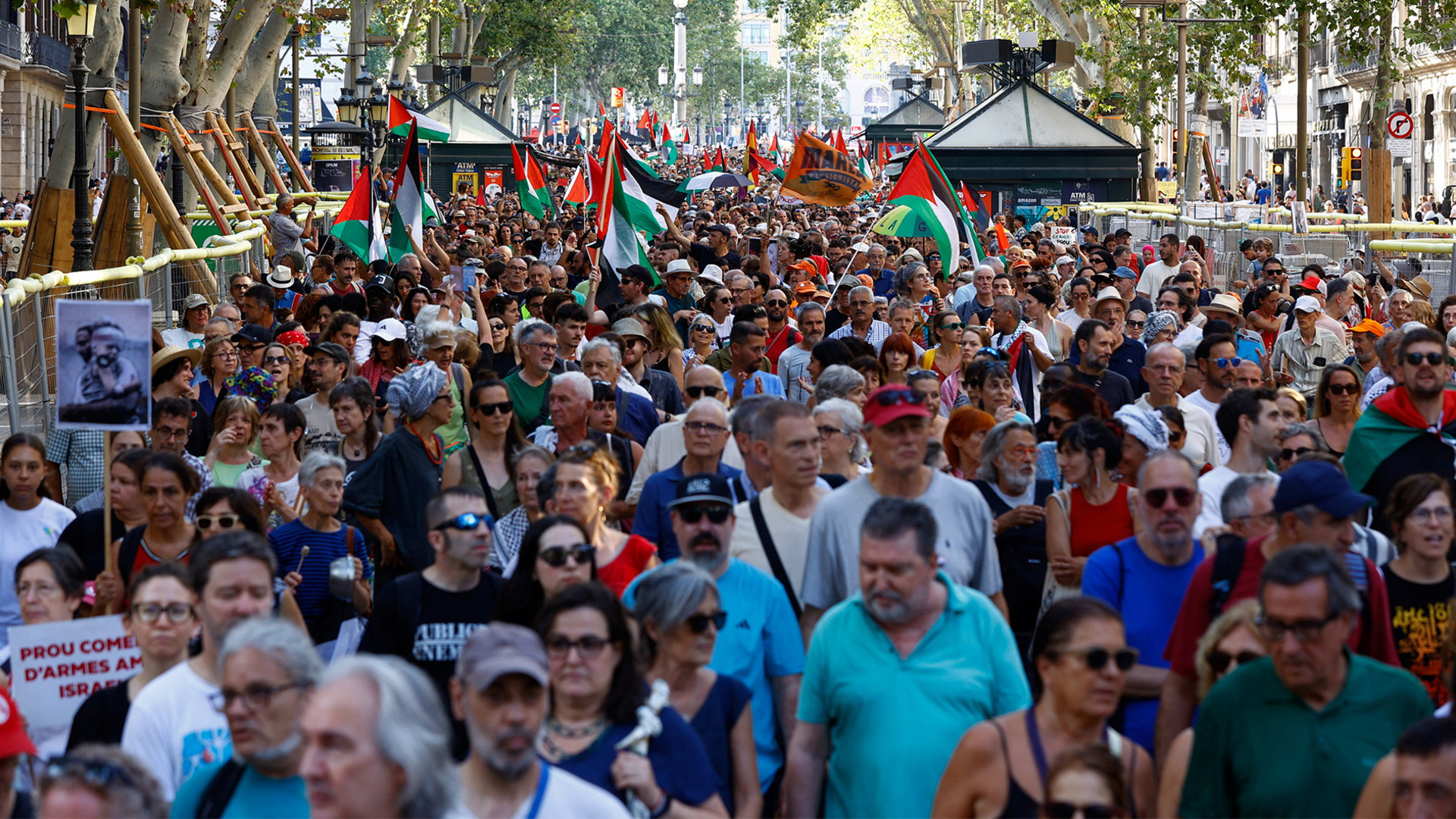

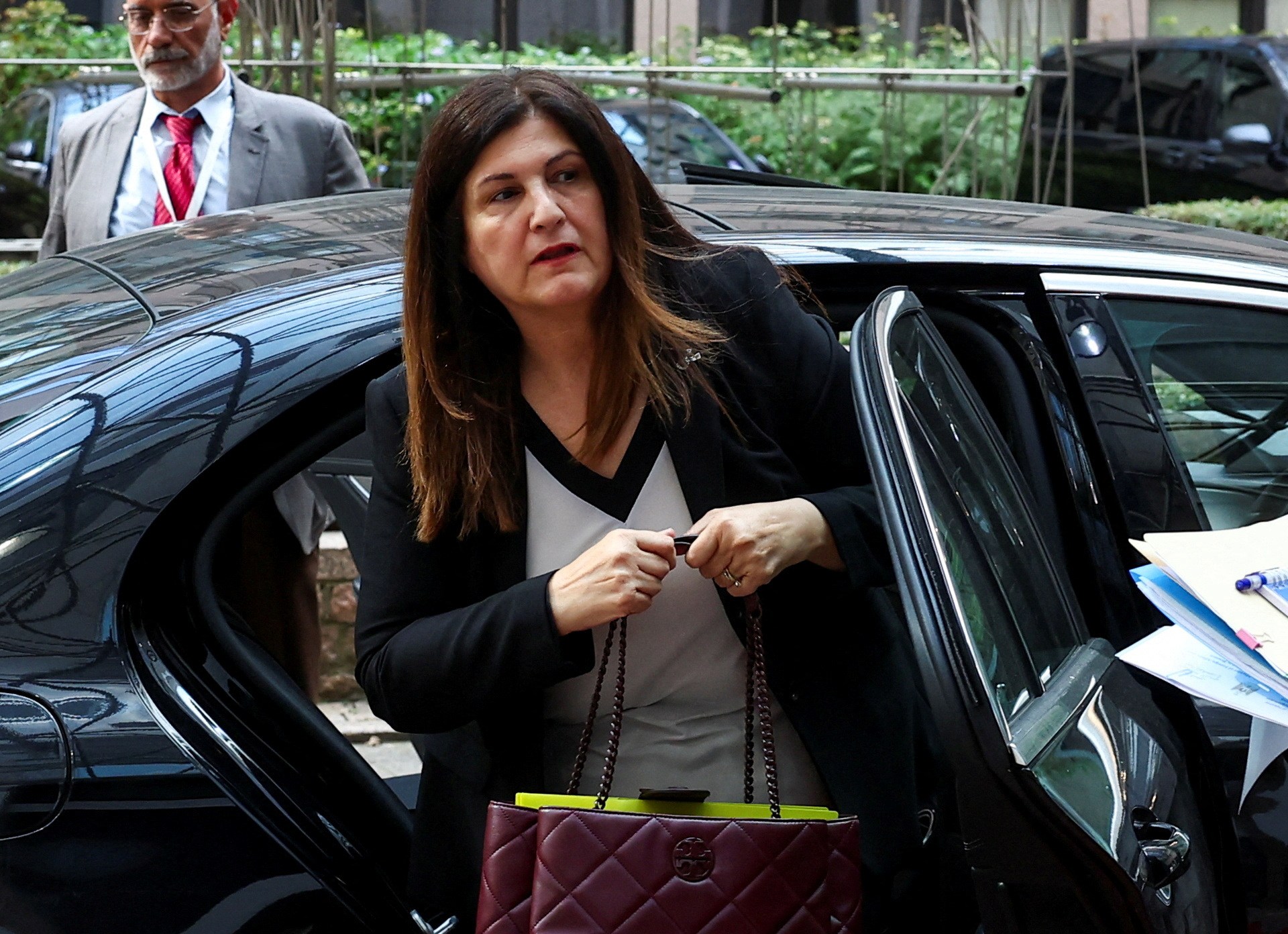

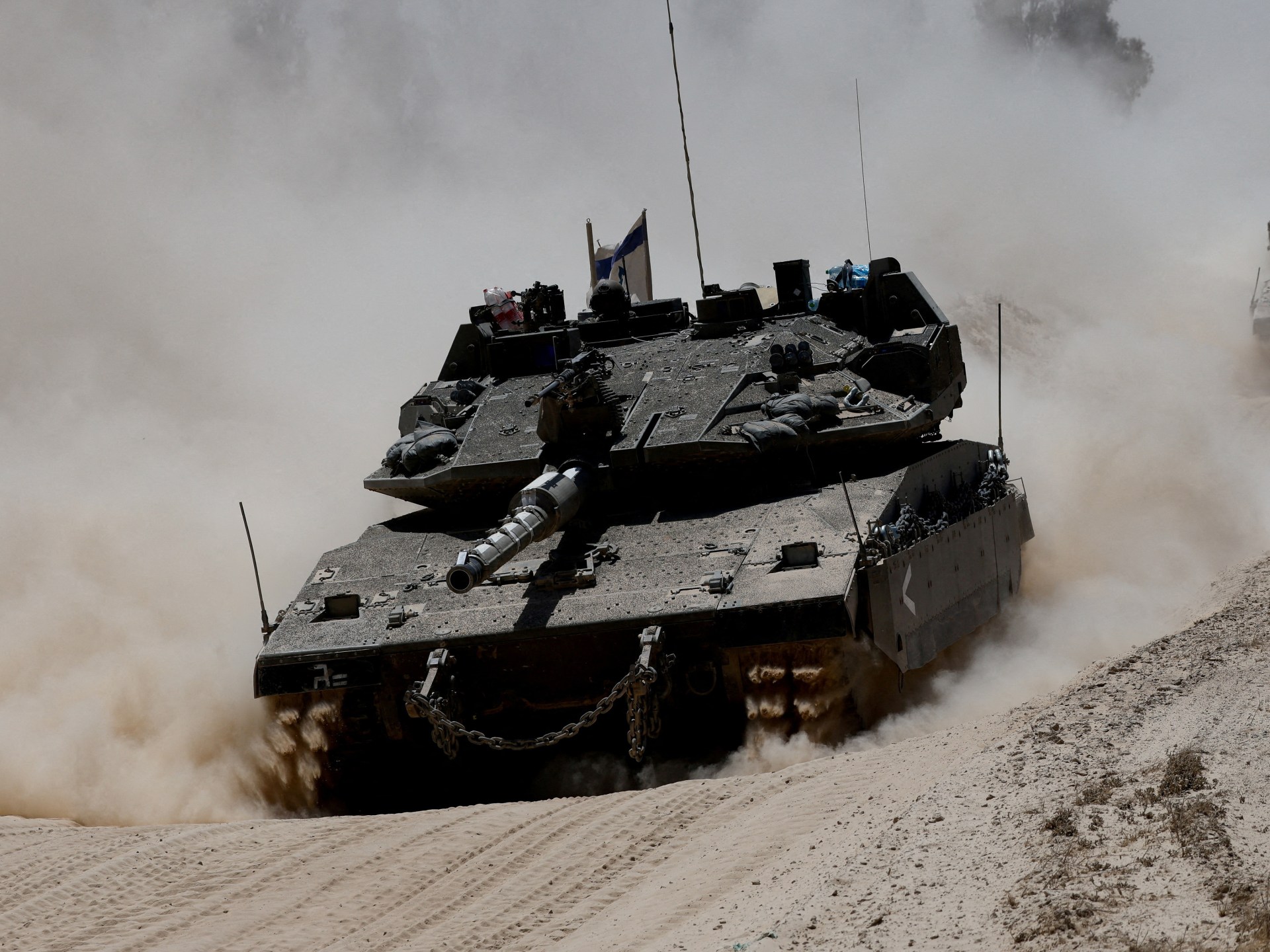
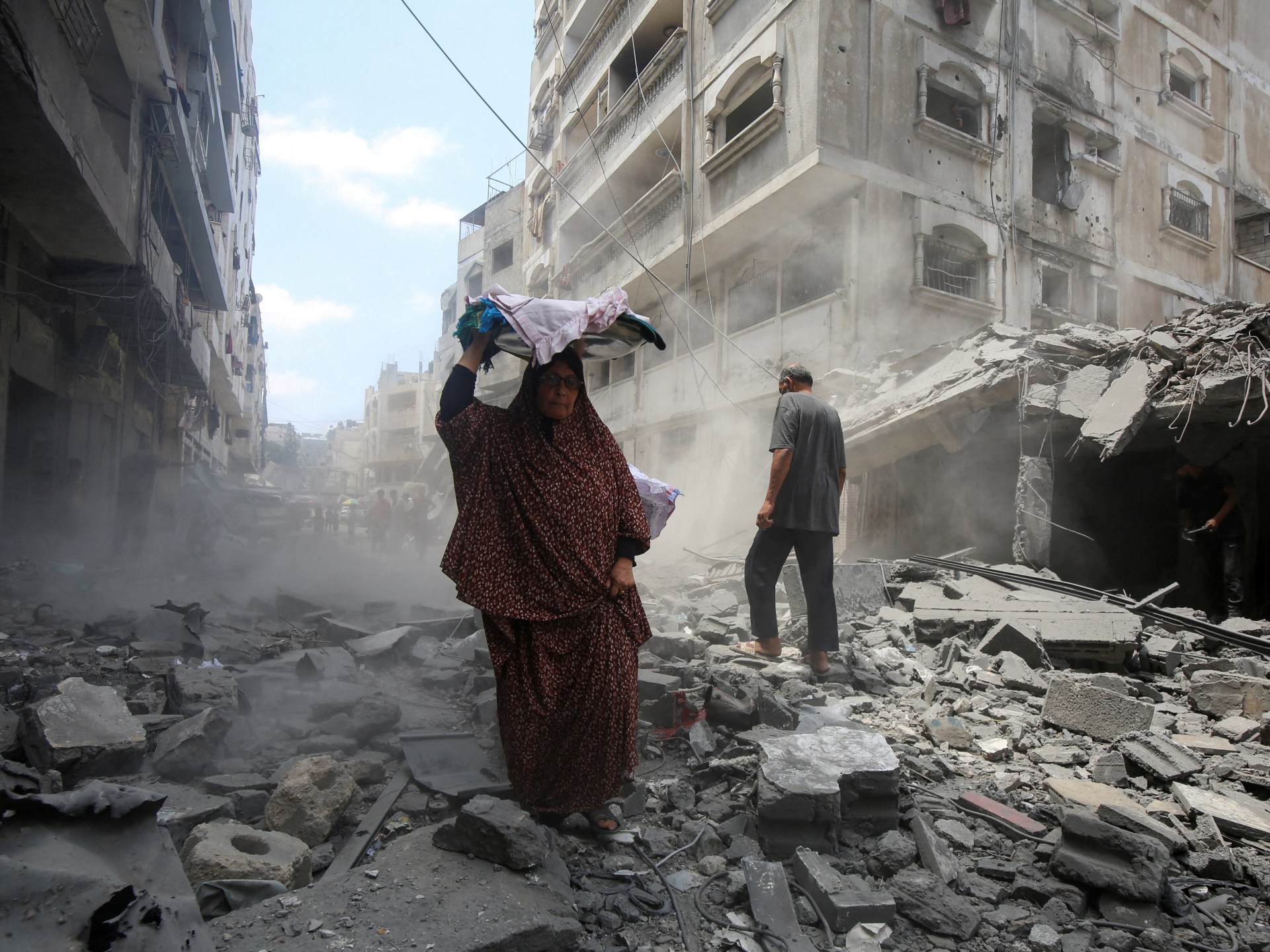
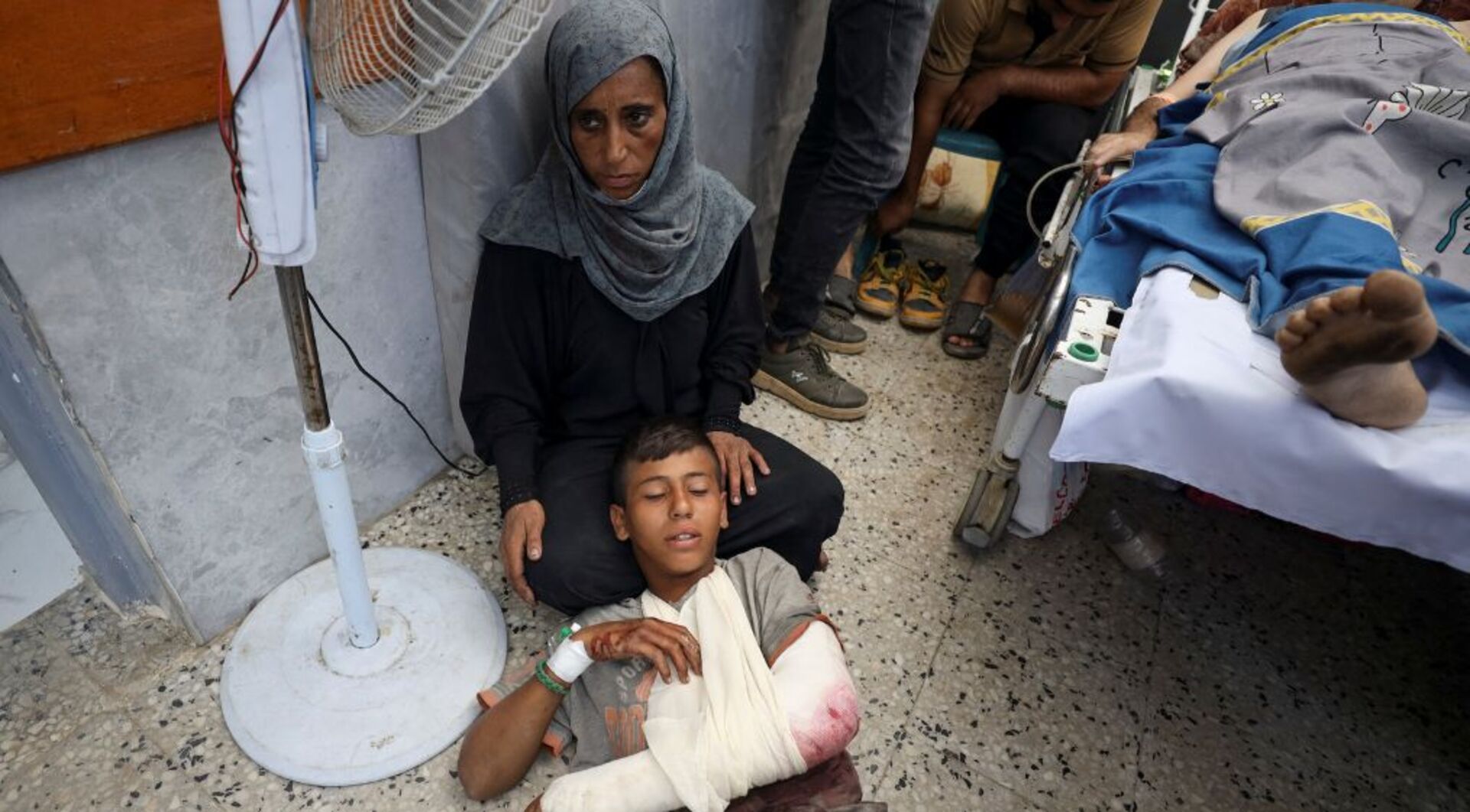
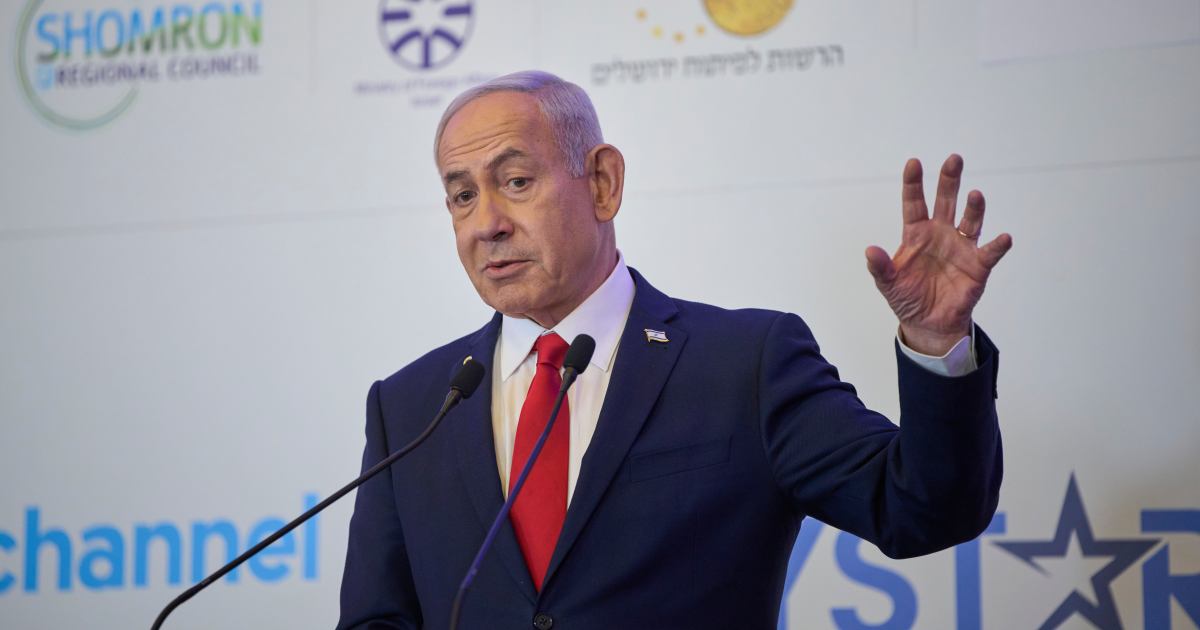
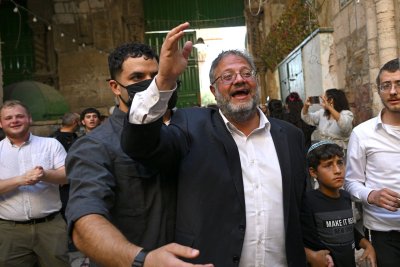
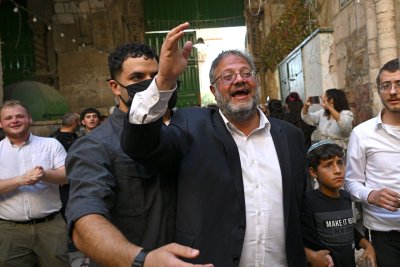
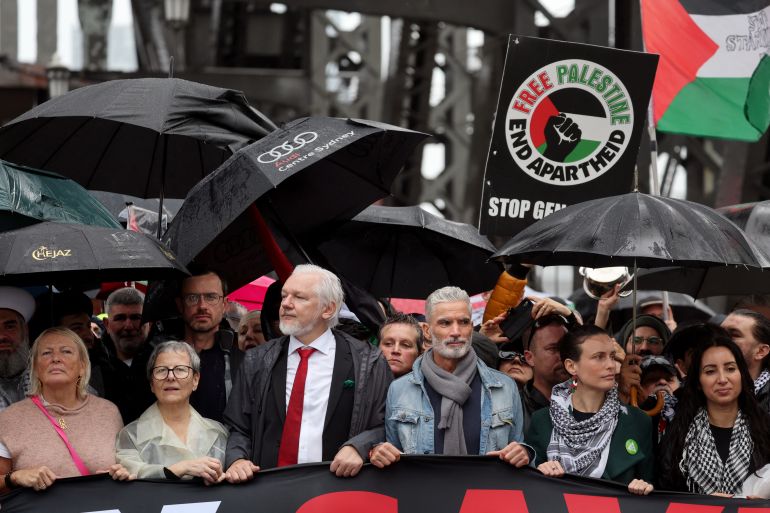

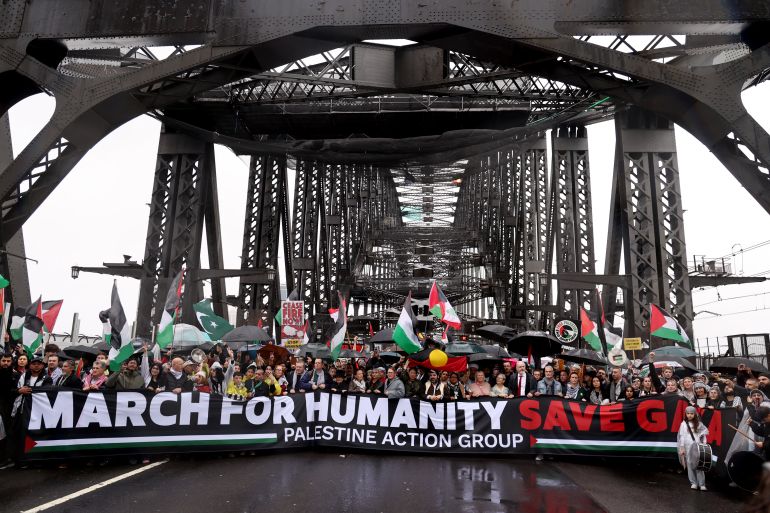
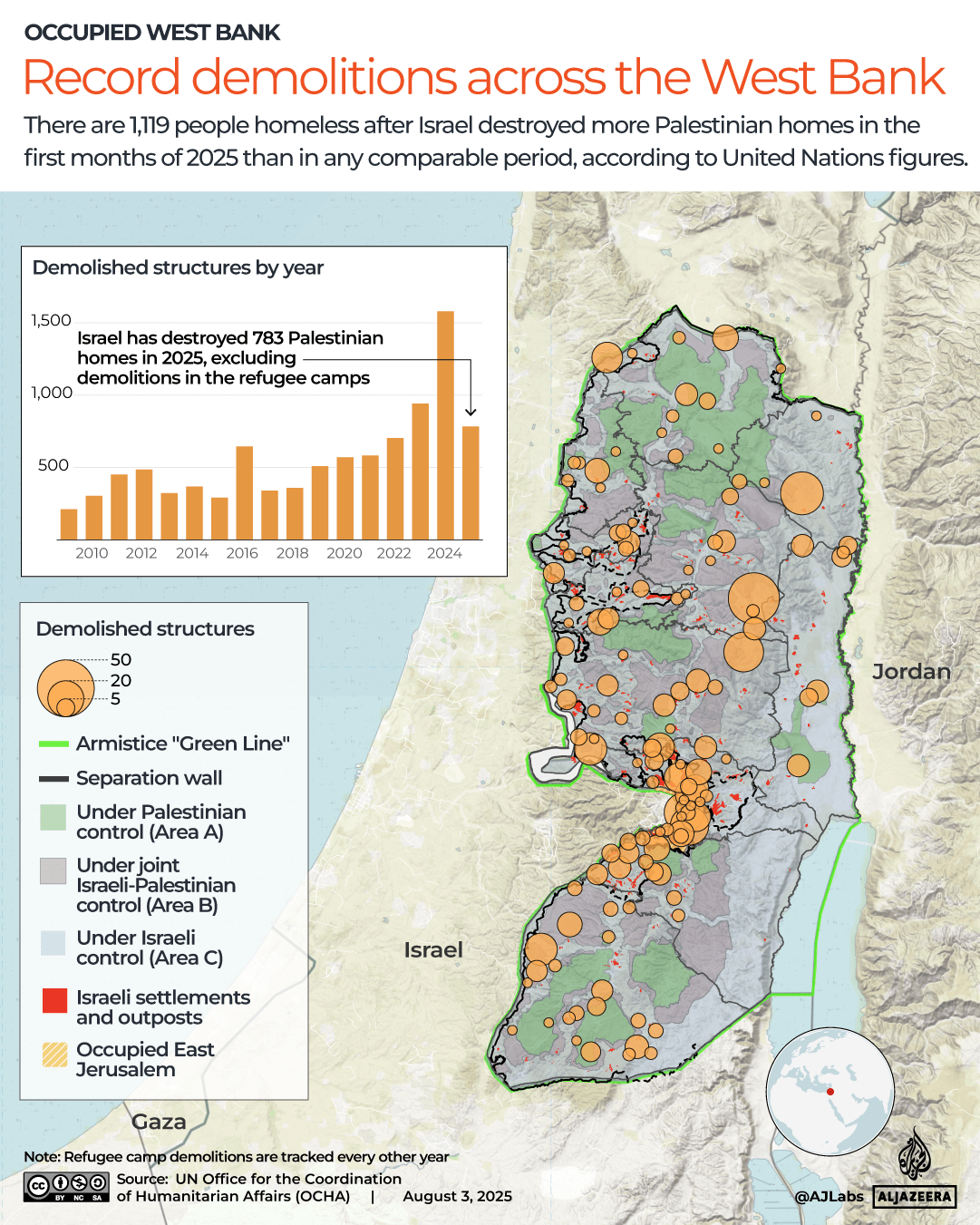

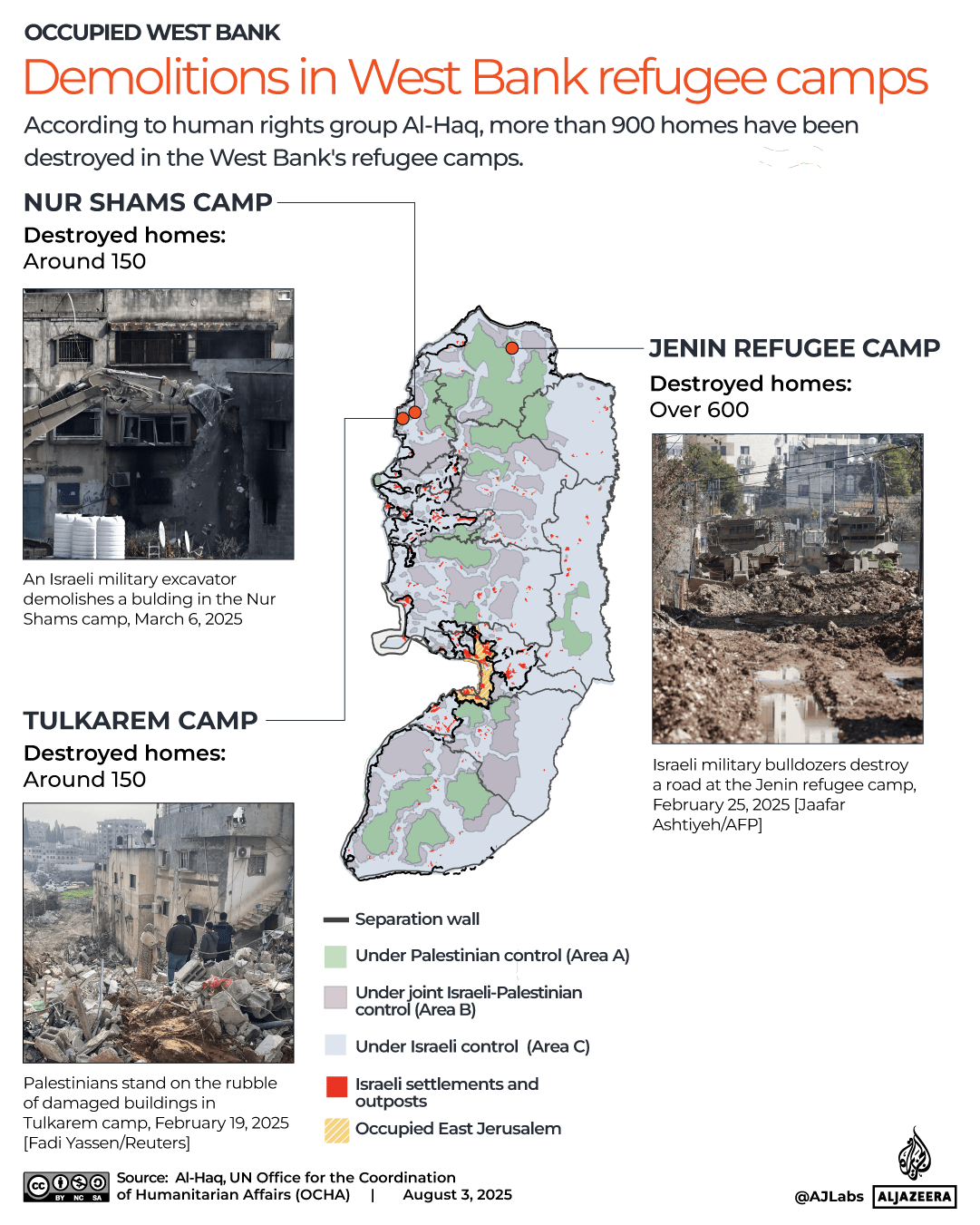
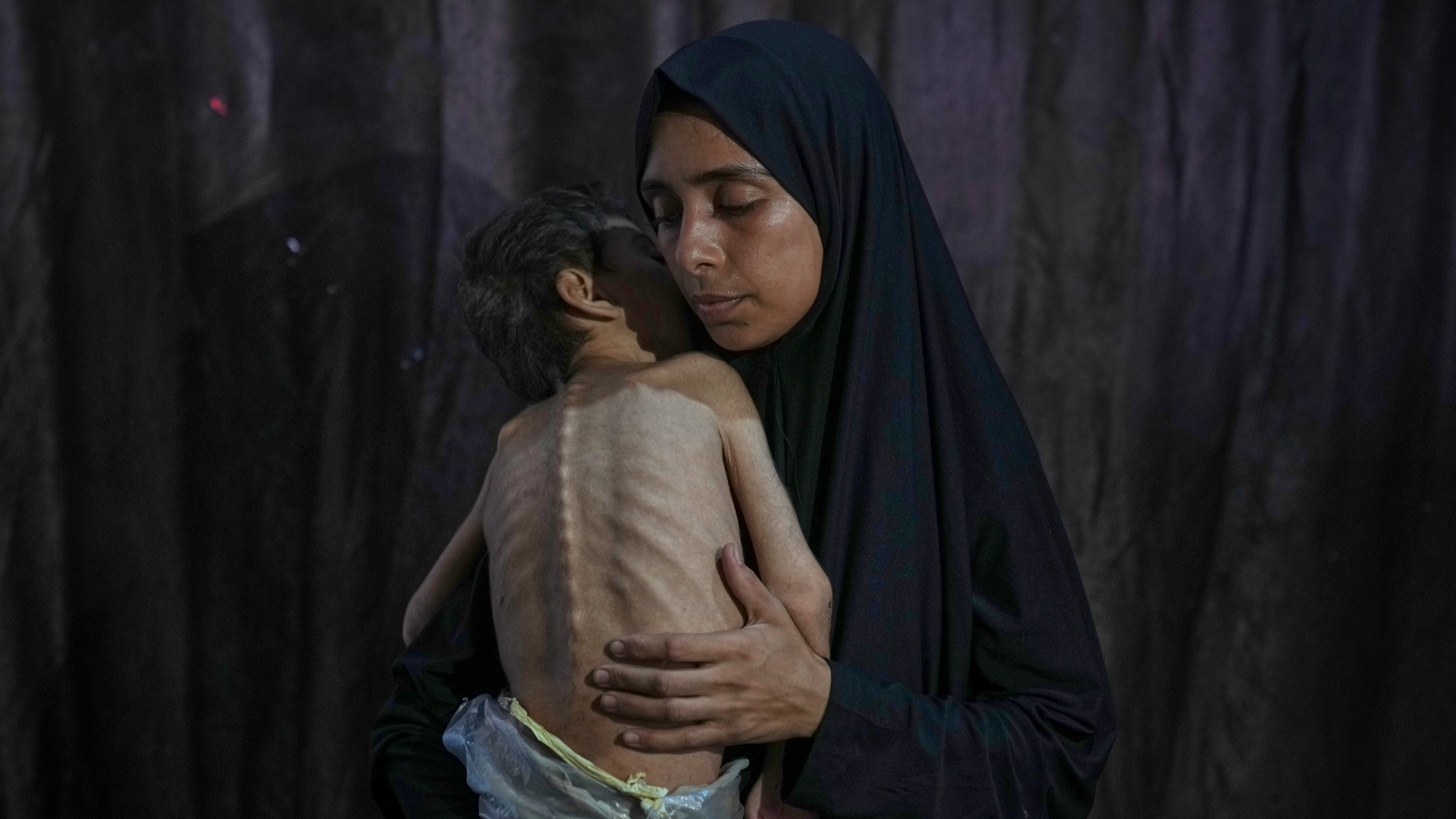

![Palestinians mourn over the body of Ahmed Abu Hilal, who was killed while on his way to an aid hub in Gaza, during his funeral at Nasser Hospital in Khan Younis, in the southern Gaza Strip, on Sunday, June 8, 2025. [Abdel Kareem Hana/AP]](https://www.occasionaldigest.com/wp-content/uploads/2025/06/AP25159513055391-1749393552.jpg)

